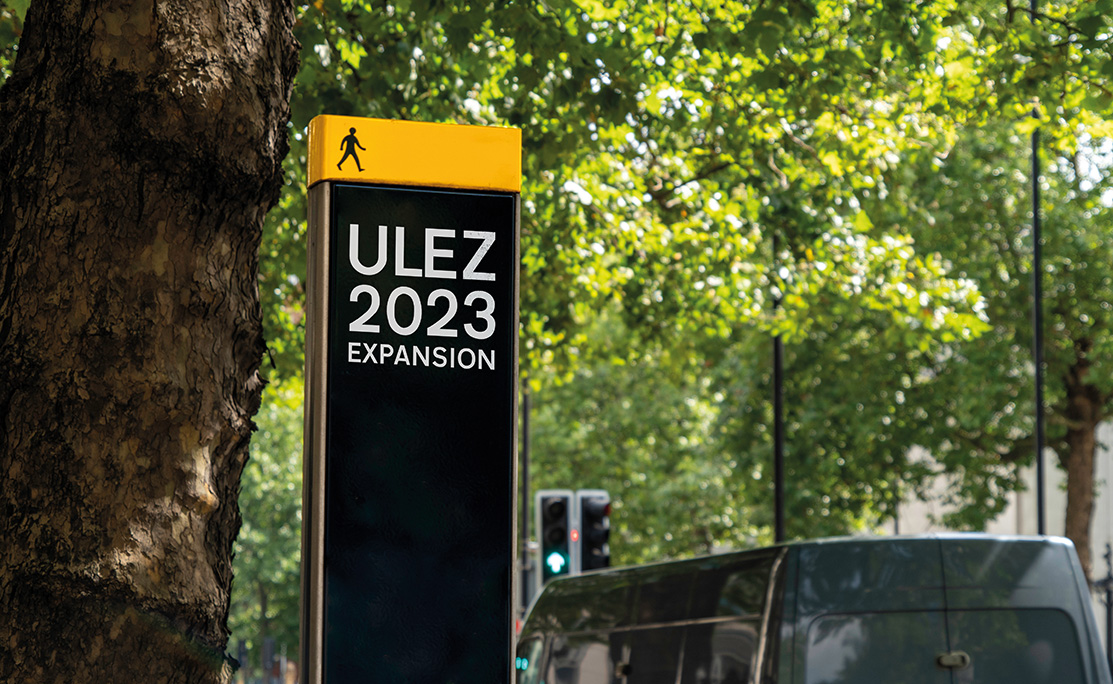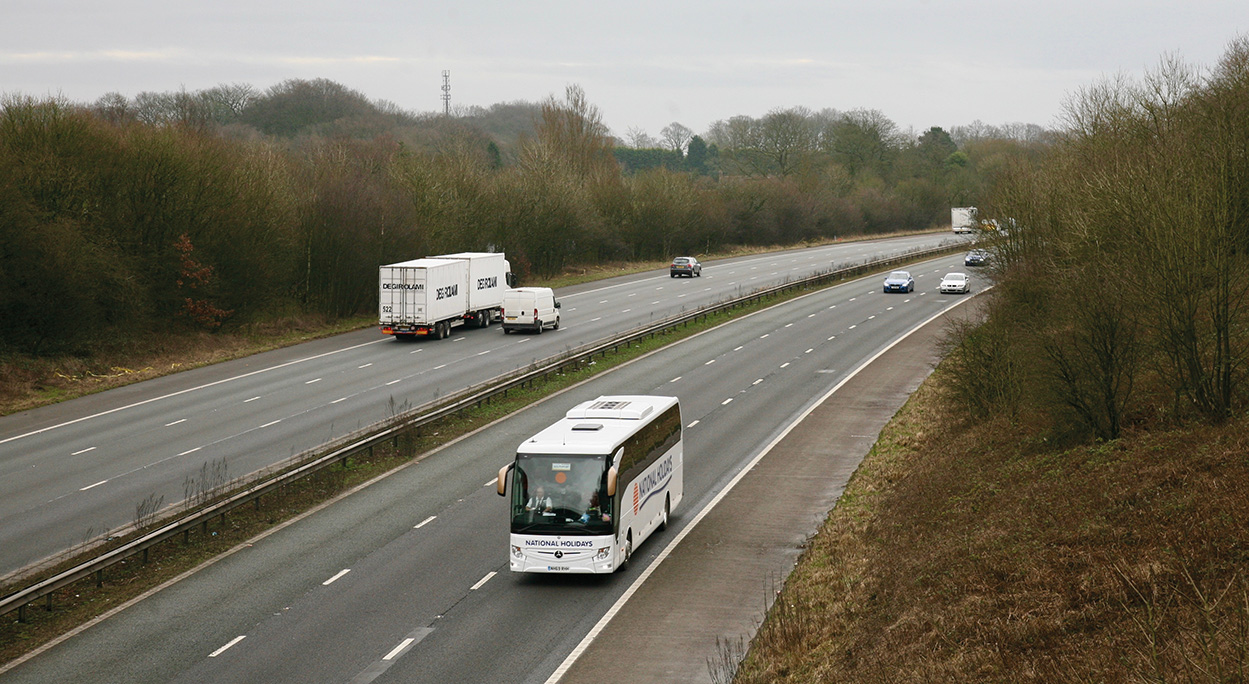The battle lines appear to be moving in the modal share fight, as ULEZ and LTNs take centre stage, writes Confederation of Passenger Transport Chief Executive Graham Vidler
In recent weeks, the Ultra Low Emission Zone (ULEZ) in London, congestion charges in Cambridge and low-traffic neighbourhoods (LTNs) in Oxford have grabbed the attention of politicians and media.
While these are specific solutions to discrete policy issues – improving air quality (ULEZ), reducing traffic and growing public transport use (congestion charging), stopping vehicles from using residential areas as cut-throughs (LTNs) – they are often perceived as part of a “war on motorists”.
With these policies under greater focus, national and local politicians have capitalised on this scrutiny in recent elections. For those of us in the business of getting more people to travel by coach or bus, it provides an interesting insight into a potential new battleground at the next General Election. How many votes will there be in standing up for the motorist?
Take Cambridge, for example. Despite the Conservatives trailing in the national polls and previously not having any representation on the City Council, a local taxi driver who stood for the party in a recent by-election on the platform of fighting against a congestion charge won a safe Labour ward by 24 votes.
Cambridge is a fascinating test case for modal shift – an initiative kickstarted by a £500 million central government city deal – and one we’re watching closely. The regional delivery body, the Greater Cambridge Partnership (GCP), is delivering an integral transport plan to offer viable alternatives to driving.
The GCP is proposing a “Sustainable Travel Zone” (STZ) to fund an improved bus network with cheaper fees and longer operating hours. Under this model, drivers would pay a £5 weekday charge, between 0700-1900hrs, with some exemptions for, for example, NHS staff. The money received would then be used to fund an improved bus network, with lower fares and longer operating hours.
But now, the STZ has gained the attention of the Secretary of State for Transport, Mark Harper, who has steered into the debate by calling for GCP to go “back to the drawing board”. This is the second time the Secretary of State has spoken about local authority plans to influence people’s travel habits, as two weeks prior, he had urged local councils to “reflect how LTNs risked pitching people against each other”.
The Uxbridge and South Ruislip by-election then followed. As a highly car-dependent area, commentators concluded the Conservatives retained this seat thanks to their campaign against Mayor Sadiq Khan’s extension of the ULEZ.
While we have seen the Conservatives introduce “carrot” incentives to attract more people onto buses through the £2 national fare cap, it is clear from the Uxbridge and Ruislip and Cambridge City Council by-elections, they are gaining traction from voters in opposing “stick” policies of ULEZ and congestion charging.
Recognising this political capital, the Labour Party too, may forge a new path towards more carrot modal shift and air-quality policies, with Sir Keir Starmer telling his London Mayoral colleague to also “reflect” on his ULEZ expansion after his party’s defeat at Uxbridge.
It is, I think, inevitable that cost-of-living issues will trump environmental ones in the run-up to the next election. We will have to tailor our advocacy for coaches and buses accordingly.
There will be more political currency in pushing for affordable policies which improve public transport – more funding for zero-emission vehicles, a long-term programme of investment in Bus Service Improvement Plans, a targeted approach to lowering fares – than in advocating congestion charging.
Above all, we’ll need to keep reminding politicians that our passengers — as the greenest and most efficient road space users – deserve a fair deal after decades of policies to promote car travel.



























